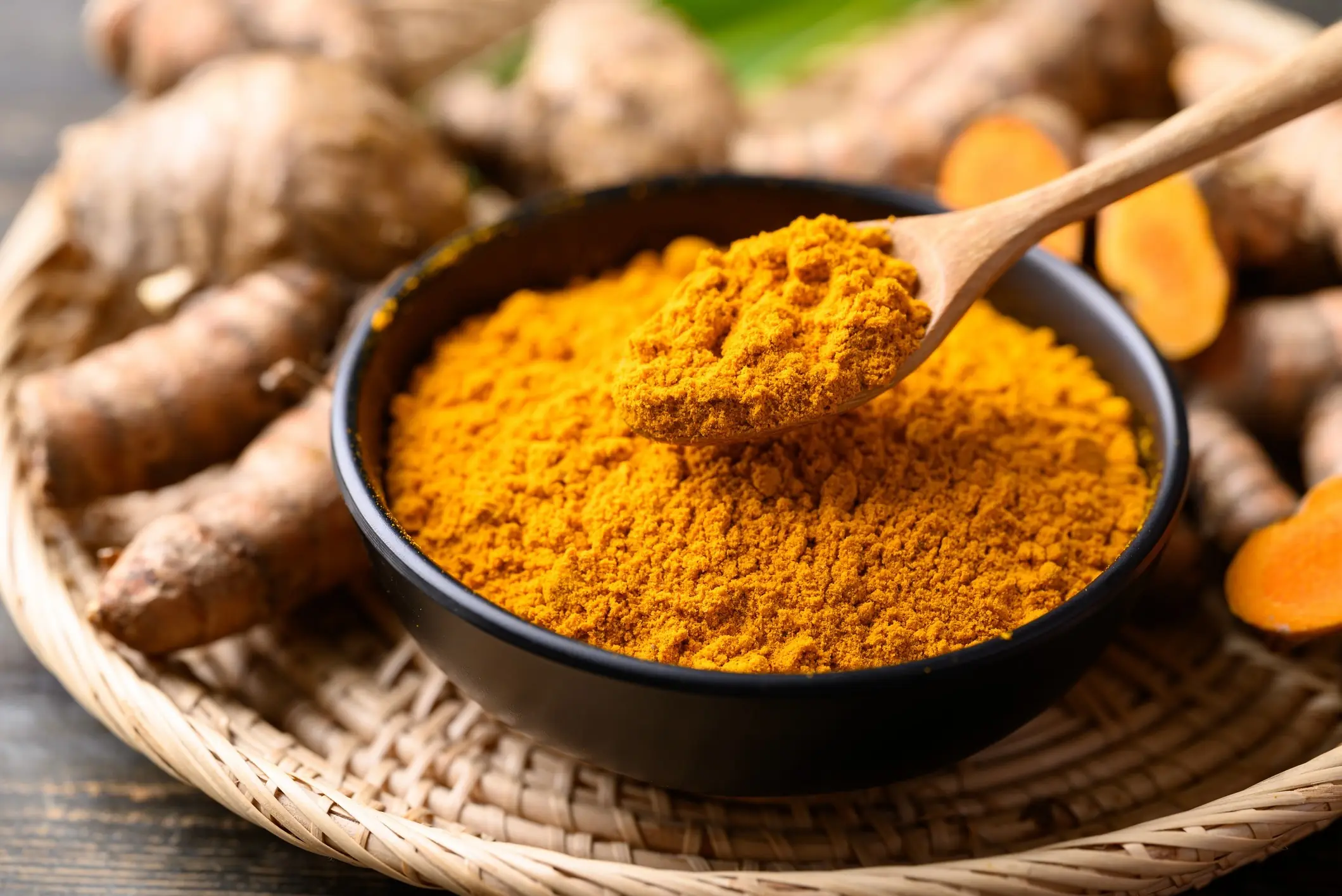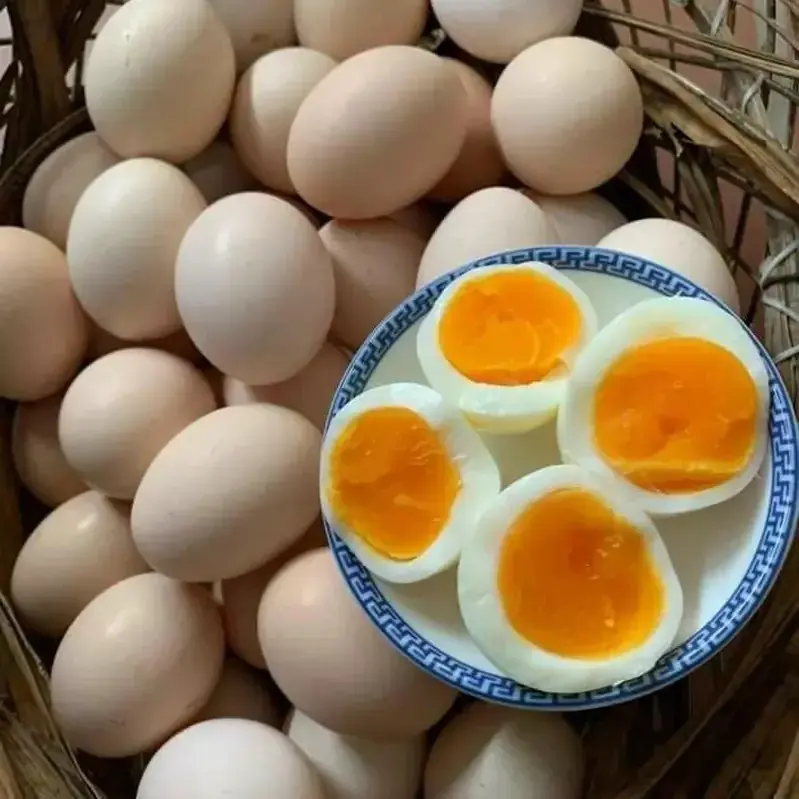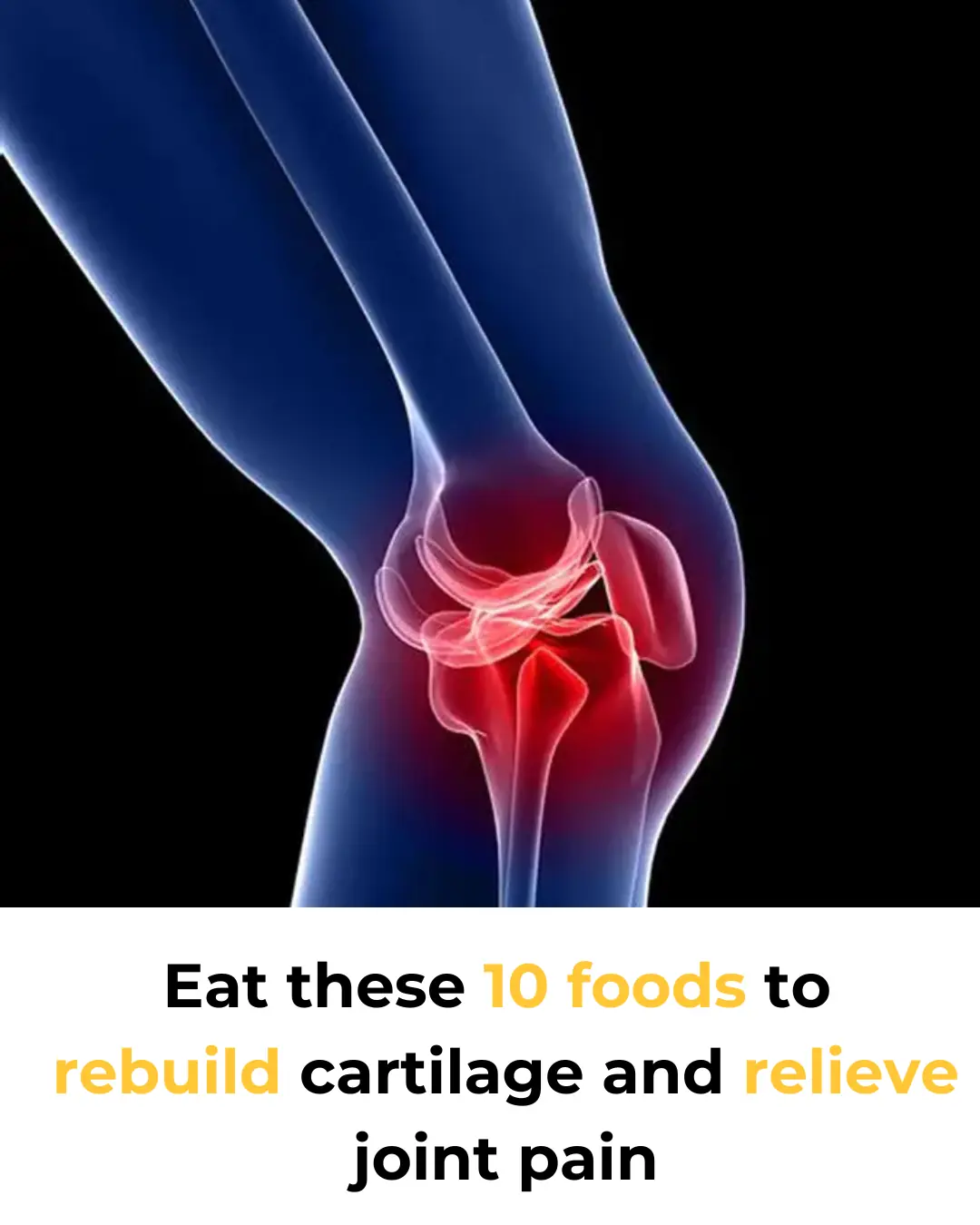
The Best Natural Gout Treatments: Remove Uric Acid Crystallization To Prevent Gout And Joint Pain
Gout is a complex and painful form of arthritis marked by sudden, intense episodes of joint pain, swelling, tenderness, and redness. These attacks commonly occur in the joint at the base of the big toe—accounting for nearly half of all cases—but the condition can also affect the ankles, heels, knees, wrists, and fingers. The disorder develops when uric acid levels in the blood become too high. Excess uric acid forms sharp crystals that accumulate in the joints, triggering severe inflammation and discomfort.
Although men experience gout more frequently, women become increasingly vulnerable after menopause as protective estrogen levels decline. Fortunately, natural remedies and changes in diet and lifestyle can play a powerful role in managing symptoms and preventing future flare-ups.
Below are the most effective natural treatments and long-term habits to help you control gout.
Diet and Lifestyle Changes for Gout Relief
1. Lose Excess Weight
Maintaining a healthy body weight is one of the most important steps in managing gout. Research from Boston University School of Medicine (2010) identified obesity as a major risk factor. Roughly half of all people with gout are overweight, and excess fat tissue contributes to higher uric acid formation and more frequent attacks.
Gradual weight loss—not crash dieting—helps reduce strain on your joints and lowers your future risk. Even a modest 5–10% weight reduction can lead to significant improvement in uric acid levels.
2. Exercise Carefully and Thoughtfully
Exercise should be avoided during a gout flare, as movement can worsen pain and inflammation. However, once symptoms subside, moderate physical activity is highly beneficial. Exercise improves circulation, supports weight management, and helps normalize uric acid metabolism.
Low-impact activities such as swimming, cycling, yoga, or brisk walking are excellent choices. Consistency is more important than intensity.
3. Drink Plenty of Water
Hydration plays a key role in flushing uric acid from the body. Drinking around 8 glasses of water daily helps prevent the crystallization of uric acid in the joints. Studies show that low water consumption is associated with higher uric acid levels (hyperuricemia).
You can boost the benefits by adding the juice of half a lemon to warm water each morning. Lemon water promotes alkalinity and may help prevent urate crystal formation.
Foods to Avoid
Avoid or reduce foods that increase uric acid production:
-
Organ meats (liver, kidney, sweetbreads)
-
High-purine seafood such as anchovies, sardines, mussels
-
Red meat
-
Alcohol, especially beer
-
Sugary beverages and excess sugar
-
Coffee and caffeine (for some individuals)
The Mayo Clinic specifically recommends limiting red meat and organ meats because of their high purine content.
Foods That Help Reduce Gout Symptoms
1. Ginger
Ginger root contains powerful anti-inflammatory compounds. Studies suggest it can reduce pain associated with elevated uric acid, and animal research shows its potential to lower uric acid levels overall.
Try ginger tea, lemon-ginger infusions, or include fresh ginger in meals to support gout management.
2. Cherries, Tart Cherries, and Berries
Cherries—especially tart cherries—are among the best natural remedies for gout. They are rich in anthocyanins and bioflavonoids that reduce inflammation and prevent gout flare-ups.
Research shows:
-
Eating about 30 cherries within 48 hours of a flare can significantly reduce recurrence.
-
Drinking tart cherry juice daily can lower serum uric acid levels.
You can consume fresh cherries, tart cherry juice, extract capsules, or frozen cherries. The Arthritis Foundation recommends a daily serving for ongoing support.
3. Apple Cider Vinegar (ACV)
ACV contains acetic acid, believed to help dissolve uric acid crystals and prevent new crystal formation. It may also improve circulation and reduce joint swelling.
Mix 2 tablespoons of ACV with water two or three times daily. While evidence is still limited, many people report symptom improvement.
4. Magnesium-Rich Foods
Magnesium is essential for maintaining healthy uric acid levels. Studies suggest that adequate magnesium intake may help prevent gout.
Good sources include:
-
Avocado
-
Spinach
-
Banana
-
Kale
-
Nuts and seeds
Despite being high-purine, vegetables like spinach do not appear to increase gout risk, according to the Mayo Clinic.
5. Lemon
Lemon juice has an alkalizing effect on the body and may help lower uric acid levels. Combine half a lemon with warm water and optionally add ACV for a powerful anti-gout drink.
6. Turmeric
Curcumin, the active compound in turmeric, has strong anti-inflammatory properties used traditionally in Ayurvedic and Chinese medicine. Studies indicate curcumin may help lower uric acid levels.
Always check with your doctor before taking turmeric supplements, especially if you use blood thinners.
7. Parsley
Parsley acts as a natural diuretic, helping the kidneys flush out excess uric acid. It contains apigenin, a compound shown to inhibit the enzyme that produces uric acid.
Add fresh parsley to salads, juices, or smoothies daily.
8. Pineapple
Pineapple contains bromelain, an enzyme with anti-inflammatory properties that may help ease gout discomfort. Fresh pineapple is best, but canned pineapple or juice still offers some benefits.
9. Apples
Some people claim apples lower uric acid due to their malic acid content, but scientific evidence is lacking. In fact, their fructose content may cause spikes in uric acid for some individuals, so apples should be eaten in moderation.
Juices and Drinks for Gout Relief
ACV, Lemon, and Turmeric Drink
-
Warm water
-
Juice of half a lemon
-
2 tsp apple cider vinegar
-
A pinch of turmeric
Consume twice daily.
Ginger and Cherry Juice
Mix 1 tsp crushed ginger into a cup of cherry juice. Drink twice daily.
Green Uric-Acid–Reducing Juice
Blend:
-
1 cucumber
-
¼ lemon
-
A thumb-sized piece of ginger
-
Spinach
-
Avocado
This combination supports hydration, alkalinity, and inflammation reduction.
Other Natural Remedies and Supplements
Baking Soda
Baking soda helps neutralize uric acid. Mix ½ teaspoon in an 8 oz glass of water. During an acute attack, some people increase to 1 teaspoon up to four times per day, but only with medical approval.
Baking soda can raise blood pressure, so consult your doctor before using it.
Devil’s Claw Extract
Devil’s claw contains anti-inflammatory compounds historically used for arthritis, gout, back pain, and muscle aches. Avoid it if you have diabetes or take blood thinners.
Safflower Capsules
Safflower may help neutralize uric acid and reduce joint stiffness through its anti-inflammatory effects.
How to Relieve Gout Pain During a Flare
1. Apply Cold Packs
Cold reduces inflammation and numbs the area. Apply for 20–30 minutes several times a day.
2. Take an Epsom Salt Bath
Add 2 cups of Epsom salt to warm bath water and soak for 15 minutes. A hand or foot soak using ½ cup of salt also helps relieve pain.
3. Rest and Elevate the Joint
Minimize movement during a flare and elevate the affected limb to reduce swelling.
4. Use Essential Oils
Some essential oils—such as lavender, eucalyptus, peppermint, and frankincense—have analgesic and anti-inflammatory effects. They can be diluted with a carrier oil and applied topically.
News in the same category


How to Tell If You Have Intestinal Parasites and What to Do About That

People Who Eat 3 Eggs Every Day Are Noticing This Crazy Difference

Why Your Hands or Arms Fall Asleep at Night and What To Do

6 fruits that help your body fight cancer cells naturally

17 signs of kidney trouble you can see—don’t ignore #3!

Have you noticed small white spots on your arms or legs… and you don't know what they are?

Never Toss Banana Peels Again: The 2,000-Year-Old “Trash” Trick That Erases Wrinkles, Heals Scars, Whitens Teeth & Drops Blood Pressure Overnight

The $5 Kitchen Secret: Why You Should Be Brushing Your Teeth with Turmeric and Baking Soda

This carb is more damaging to your blood sugar than pure sugar

A neurosurgeon says your legs could predict dementia years before memory loss

Top 10 Foods to Heal Knee Pain and Rebuild Cartilage Naturally

What Happens If You Eat 4 Whole Eggs Every Day for 30 Days?

Avoid Ginger If You Have THESE Health Problems

The step-by-step plan to drop 30 pounds quickly in 2025

Got High Blood Pressure? Try This 2-Ingredient Tea!

The Best Natural Remedies to Treat and Prevent Varicose Veins Effectively

People Who Do This Every Morning Have Better Circulation and More Energy

12 warning signs of poor circulation in your legs.
News Post

3 flowers that make snakes tremble with fear — beautiful and safe to plant around your home

The Medicinal Powers of Turmeric That Doctors Rarely Mention

How to Tell If You Have Intestinal Parasites and What to Do About That

People Who Eat 3 Eggs Every Day Are Noticing This Crazy Difference

Why Your Hands or Arms Fall Asleep at Night and What To Do

Meet Jonathan: The 192-Year-Old Tortoise Who Has Witnessed History and Continues to Inspire

Retired Couple in UK Successfully Nurtures 90-Million-Year-Old Wollemi Pine, Leading to Its First Reproduction Outside Australia

Stem Cell Therapy for Type 1 Diabetes Shows Promise in Human Clinical Trials

Have you noticed small white spots on your arms or legs… and you don't know what they are?

How Guyana Became the Only Nation Fully Self-Sufficient in All Seven Major Food Groups

Donald Trump's new scarf leaves everyone saying the same thing

Scientists May Have Just Found a Breakthrough Hair-Loss Treatment

Panama's Marine Collapse: The End of a Key Ocean Upwelling System and What It Means for the Future

Genetic Evidence Links Icelanders to Native Americans, Suggesting Viking Contact with the Americas

Vietnam Approves Russian-Made Cancer Immunotherapy ‘Pembroria’ for Multiple Cancer Types

The Kid Who Was Surprised By Dad With Birthday Bat In Viral Video Hits Home Run With Bat And Dad Catches It

Delaware Post Office Renamed In Honor of Mary Ann Shadd Cary, First Black Woman Publisher

Hayli Gubbi Volcano Erupts in Ethiopia for First Time in 12,000 Years
